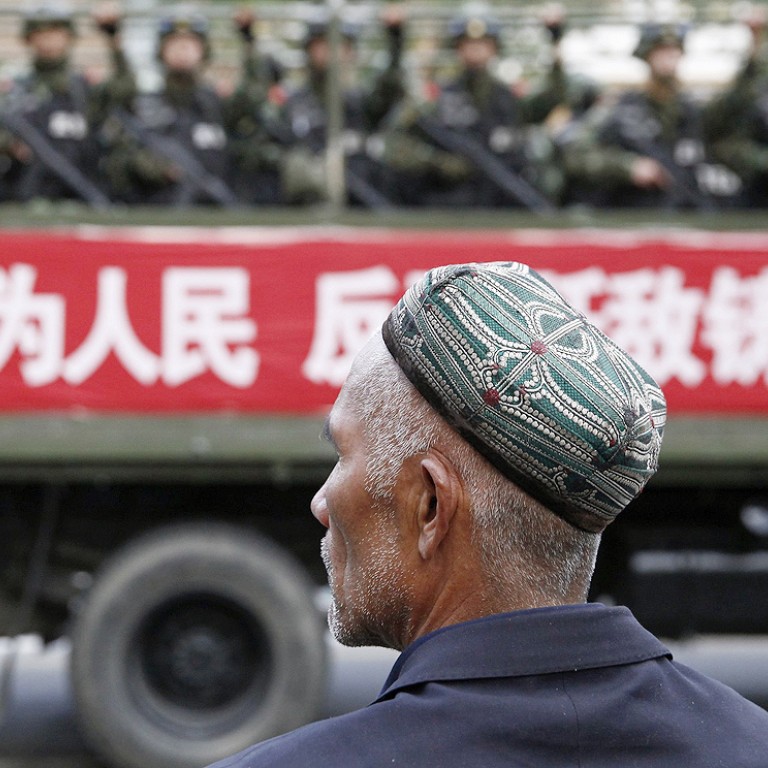
Economic model in Xinjiang must be modified
China is threatened by terrorism as never before. Muslim separatists in the western autonomous region of Xinjiang have stepped up their attacks and taken their murderous campaign to civilian targets elsewhere on the mainland.
China is threatened by terrorism as never before. Muslim separatists in the western autonomous region of Xinjiang have stepped up their attacks and taken their murderous campaign to civilian targets elsewhere on the mainland. Some have joined Islamic extremists fighting in Syria and Iraq, prompting fears that combat skills are being honed for when they return. Efforts to keep the nation safe are a priority, but authorities also have to better focus measures to tackle the underlying causes of the unrest.
Scores of people have been killed in stepped-up attacks by ethnic Uygurs over the past year. The latest left dozens dead and injured in the city of Kashgar last week. Tactics have changed, with targets expanding from police stations and military outposts to civilians, as at a market and the railway station in Urumqi in May. Worryingly, other parts of the country have also been hit, with a car ploughing through pedestrians and crashing in flames in Tiananmen Square last October and 29 rail passengers being knifed to death in Kunming in March.
The separatist struggle is decades old, but it came to a head in 2008 when more than 200 people, mostly Han Chinese, were killed by rampaging gangs in Kashgar. Beijing has since poured billions of yuan into Xinjiang and striven to improve the lives of Uygurs, who comprise 43 per cent of the population. The hardline Communist Party chief was replaced by Zhang Chunxian , known for his moderate policies. But that has failed to dampen extremism. Nor have the militants been scared off by recent tough sentences handed down to dozens of people rounded up and put on trial for terrorist activities.
A crackdown on terrorism ordered by President Xi Jinping is under way. Security, particularly where crowds gather, has been strengthened, but such measures only go so far. Social problems that have stoked tensions have still to be adequately dealt with. Although policies have improved incomes and infrastructure, development is unbalanced.
Uygurs complain of widening economic inequality, ethnic prejudice and religious repression. The assassination last week of Jume Tahir, a high-profile, pro-Beijing imam at a major mosque in Kashgar, shows just how deep the discontent runs. Economic development will help improve lives for all people in Xinjiang. But the present model needs to be modified so that the benefits more directly help Uygurs.

